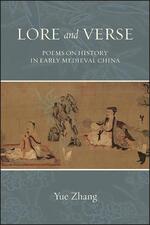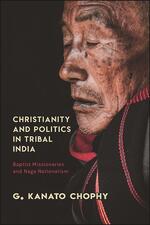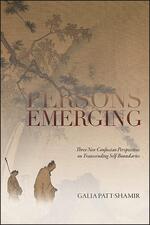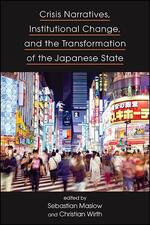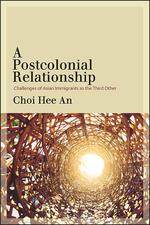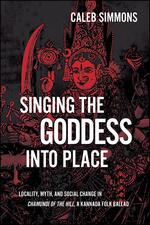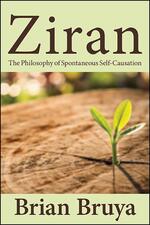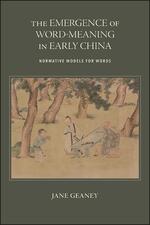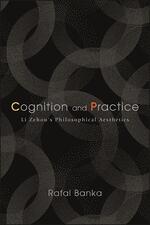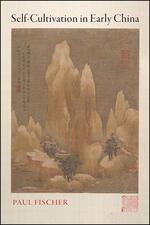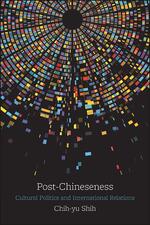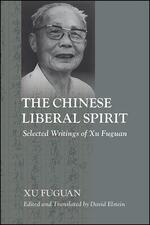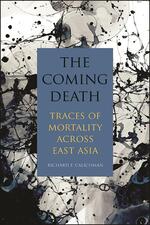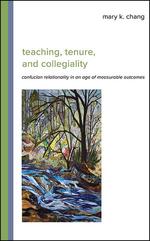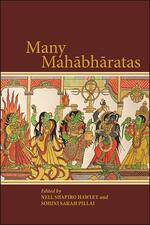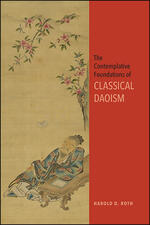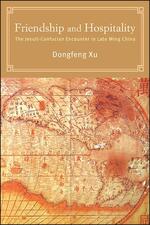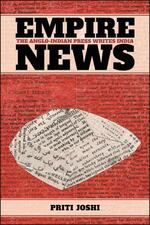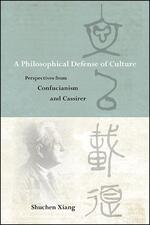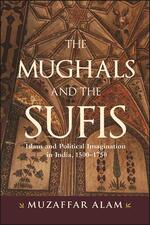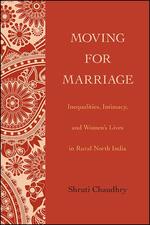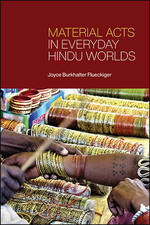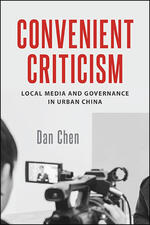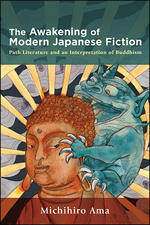Asian Studies
Lore and Verse
Explores how poetry was used to disseminate and interpret history in early medieval China.
Christianity and Politics in Tribal India
Chronicles the astonishing and counterintuitive spread of Christianity among a group of previously isolated tribes in a remote and hilly part of Northeastern India.
Persons Emerging
Offers three neo-Confucian understandings of broadening the Way as broadening oneself, through an ongoing process of removing self-boundaries.
Crisis Narratives, Institutional Change, and the Transformation of the Japanese State
Looking at Japan, traces crisis narratives across three decades and ten policy fields, with the aim of disentangling discursively manufactured crises from actual policy failures.
A Postcolonial Relationship
Offers an Asian immigrant perspective on US racial relations and explores the unique situations and challenges facing Asian immigrants in the United States.
Singing the Goddess into Place
Explores how a folk ballad in southern India transforms the landscape and embeds the deities that are its subject within the social worlds of their devotees.
Ziran
The ancient concept of spontaneous self-causation (ziran) from Daoism opens a path to understanding human action as self-organizing, attention as effortless, and art as somatic.
The Emergence of Word-Meaning in Early China
Posits the origin of a specifically Chinese concept of “word-meaning,” and sheds new light on the linguistic ideas in early Chinese philosophical texts.
Cognition and Practice
Explores the aesthetic theory of one of China's most important and influential contemporary philosophers.
Self-Cultivation in Early China
An introduction to ancient Chinese ideas on how to live a good life.
Post-Chineseness
Analyzes international and cultural relationships informed by "China," a category that is becoming ever more indispensable and yet unstable in everyday narratives.
The Chinese Liberal Spirit
The first English-language translation of an important figure in modern Confucian thought.
The Coming Death
Explores questions of death and mortality in several key texts of East Asian literature and cinema.
Teaching, Tenure, and Collegiality
Questions universities’ increasing reliance on market-oriented metrics to determine their strategic directions and gauge faculty productivity.
The Hagiographer and the Avatar
Examines the key role of a hagiographer within a charismatic religious movement.
Many Mahābhāratas
A major contribution to the study of South Asian literature, offering a landmark view of Mahābhārata studies.
The Contemplative Foundations of Classical Daoism
Brings early Daoist writings into conversation with contemporary contemplative studies.
Friendship and Hospitality
Offers a comparative and deconstructive reading of the cross-cultural encounter between the Jesuits and their Confucian hosts in late Ming China.
Empire News
Examines English-language Indian newspapers from the mid-nineteenth century and their role in simultaneously sustaining and probing British colonial governance.
A Philosophical Defense of Culture
Draws on two different but strikingly similar streams in our world tradition to argue for the contemporary philosophical relevance of “culture.”
The Mughals and the Sufis
Examines the relationship between Mughal political culture and the two dominant strains of Islam's Sufi traditions in South Asia: one centered around orthodoxy, the other focusing on a more accommodating and mystical spirituality.
Moving for Marriage
Comparative, ethnographic study of women who migrate for marriage in rural north India.
Material Acts in Everyday Hindu Worlds
Broadens the parameters of religious studies by accounting for material acts that help shape religious worlds.
Convenient Criticism
Explains why and how local critical reporting can exist in China despite the kinds of media control that are the hallmarks of authoritarian rule.
The Awakening of Modern Japanese Fiction
Argues that the role of Buddhism in modern Japanese prose literature has been significantly overlooked.
